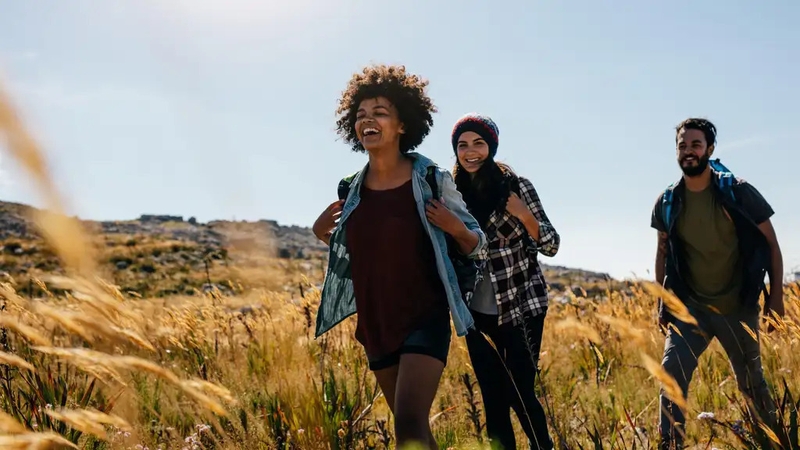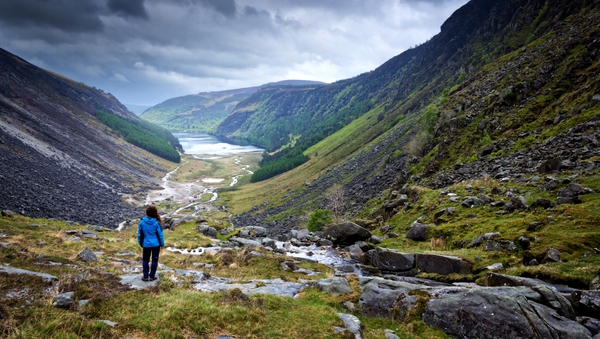Ever scrolled through photos of people enjoying hikes in the great outdoors, wishing it could be you?
Remember, the outdoorsy influencers posting their adventures were all once beginners too. We asked three of our favourites to share some top tips for newbies…
Finding community
Alice Keegan founded The Adventure Girls Club in the UK to help inspire more women to get outdoors. As well as running day hikes, weekend trips, skills workshops and more, it’s about finding community, which can be a great way into exploring new activities.
"There are so many groups out there," says Keegan. "Social media is a good place to start, as well as Eventbrite. Find a group to suit your needs – some groups are for people who want to do more challenging walks, others take it nice and slow.
There are plenty of amazing groups that represent different communities too, and even some dedicated to singles looking to meet one another offline.
The Hike Life, Wolf Walks Ireland, The Out Out Club, and Galz Gone Wild are just a few of the country's most popular groups.
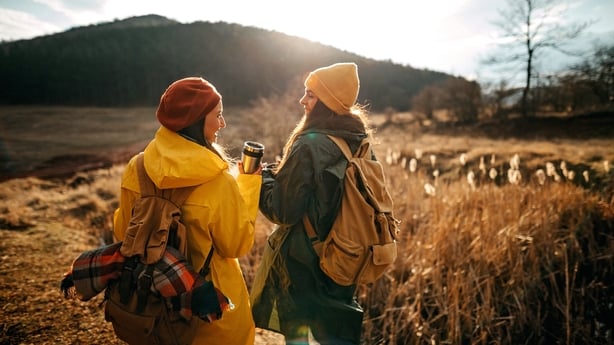
Start small with solo hikes
If you’re tempted to hit the trails by yourself, Keegan’s main advice is: "Start small and work your way up. Just go for a small walk from your front door on your own and get used to what it’s like walking by yourself. Then you can build up the confidence gradually to do longer, more remote walks.
"I’d aways recommend sharing your route with someone before you leave, with a rough time of return, as well as reading up on how to get help if you needed it," she adds. "Pack plenty of food, water and layers and always take a first aid kit.
"If you struggle with navigation, download an app such as the OS maps app or book yourself onto a navigation skills course. But mainly, just go for it! Once you start, you will soon learn things and become a better hiker each time you go out."
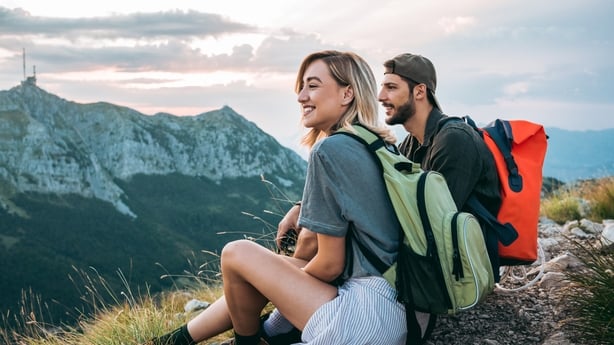
Pack smart
"Over-packing can be as problematic as under-packing, but for a host of different reasons," says Kate Appleby, an adaptive adventurer, advocate and speaker who documents her outdoor adventures whilst living with incurable illness on her Instagram.
"One way to make sure you nail the perfectly prepared kit bag is to take time to find the bag contents and set-up that really work for you, and pack the night before.
"Don’t rely on just stuffing things in last minute, instead pack sensibly and carefully. Your back will thank you for saving unnecessary weight, while carrying the essentials you need for most eventualities maximises your chances of keeping safe. Think space-saving too. Wrapping some gaffer tape around your hiking poles is a great way of carrying around some emergency repair material, but taking up no added space!"
There’s tons of helpful info on packing online. Key things to think about include: how much food and water will you need? Essential first aid? Navigation tools? Phone charge? Hat/sunnies/SPF? Layers/a waterproof for if the weather turns? Torch? Will you need hygiene supplies?
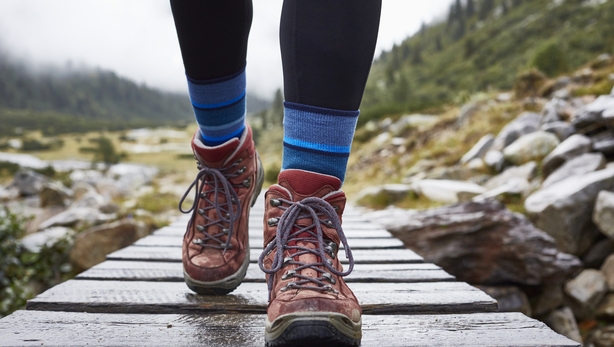
Be savvy with fueling
Appleby adds: "When we talk about fueling our bodies for hiking, it’s easy to concentrate on what we eat and drink the day of a hike – but we should be putting focus on what we consume the day before a hike too. Stay hydrated, avoid alcohol and surgery foods, and consider complex carbohydrates like wholegrain pasta and beans the night before, as a slower-to-digest fuel source."
Safety first
The goal is to have a lovely day in nature – and chances are, this is what you’ll get. But being prepared in case you do encounter slip-ups is always a good idea.
"In Mountain Rescue, we always say to be ‘Adventure Smart’," says Carys Rees, who shares content inspiring women to get outdoors via her website thisgirlwalks.co.uk, as well as being a member of Central Beacons Mountain Rescue.
"Do you have the right gear for the day, do you know what the weather will be like, and are you confident in the knowledge and skills you have for the day you have planned?
"Most rescues tend to happen towards the end of the day when people are tired, so a key thing I would always tell people is to make sure your phone is charged and to bring a power bank.
"I also carry a Garmin InReach Mini, a company satellite communicator which essentially allows me to contact people regardless of signal, and also has its own built-in SOS function," Rees adds. "Knowing what to do in case you do get into trouble is half the battle."
For more information, visit Mountain Rescue Ireland – Ireland's First Responders in Remote Emergencies.
